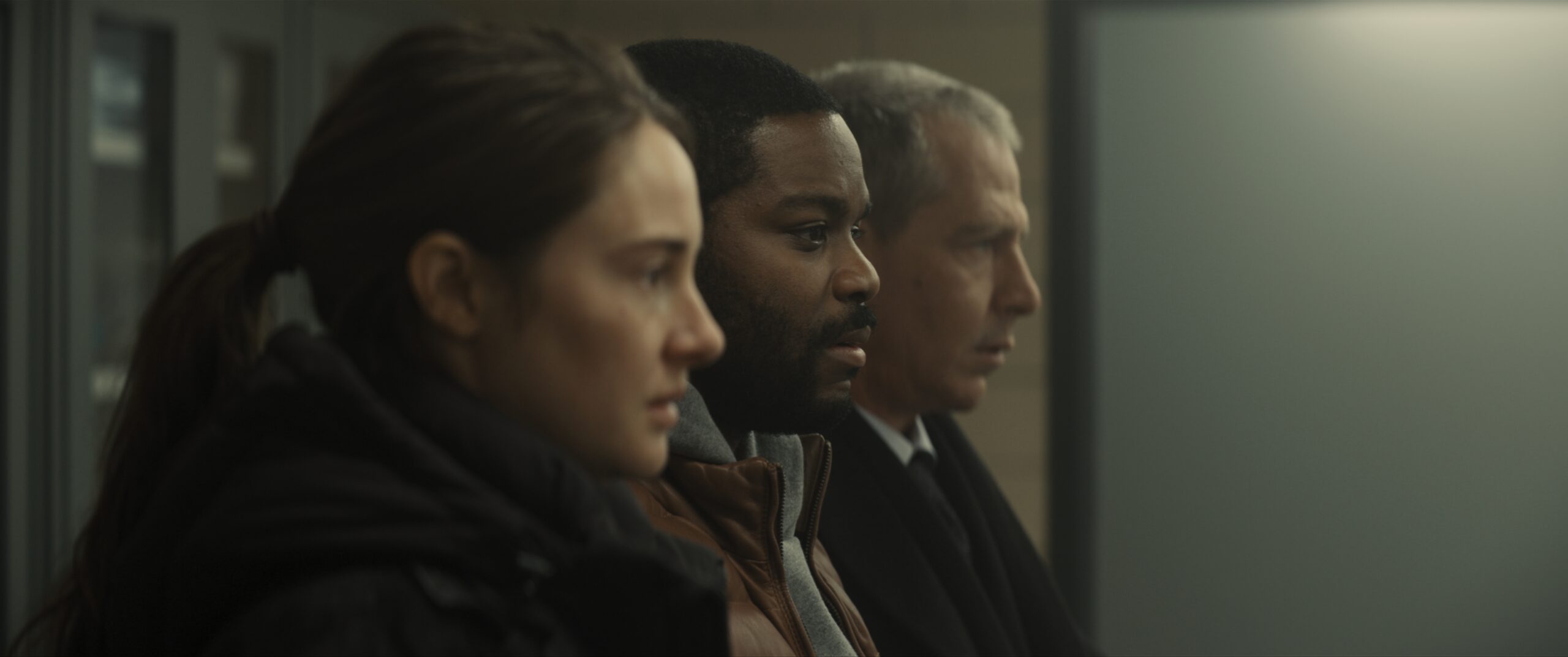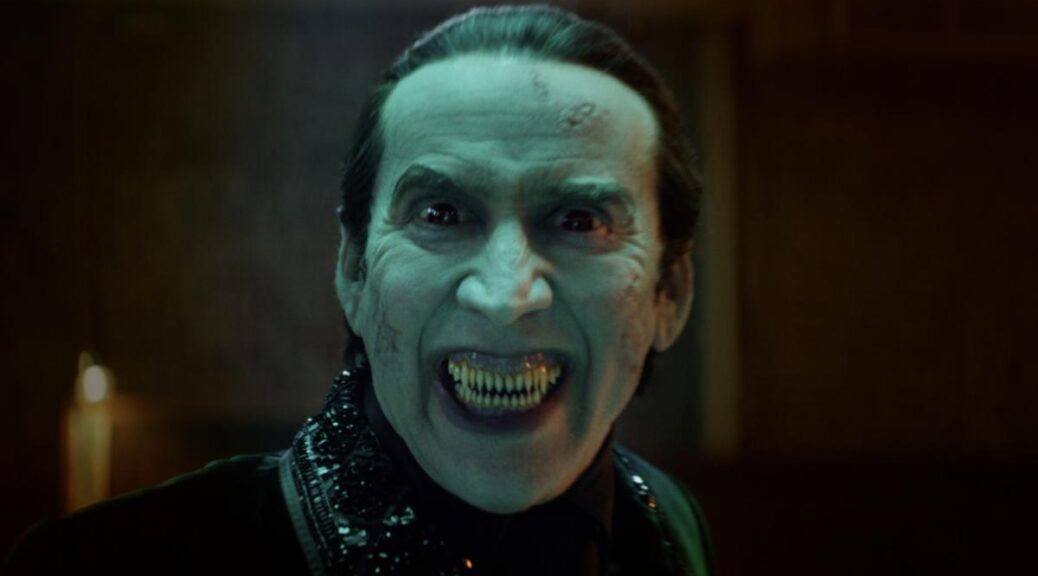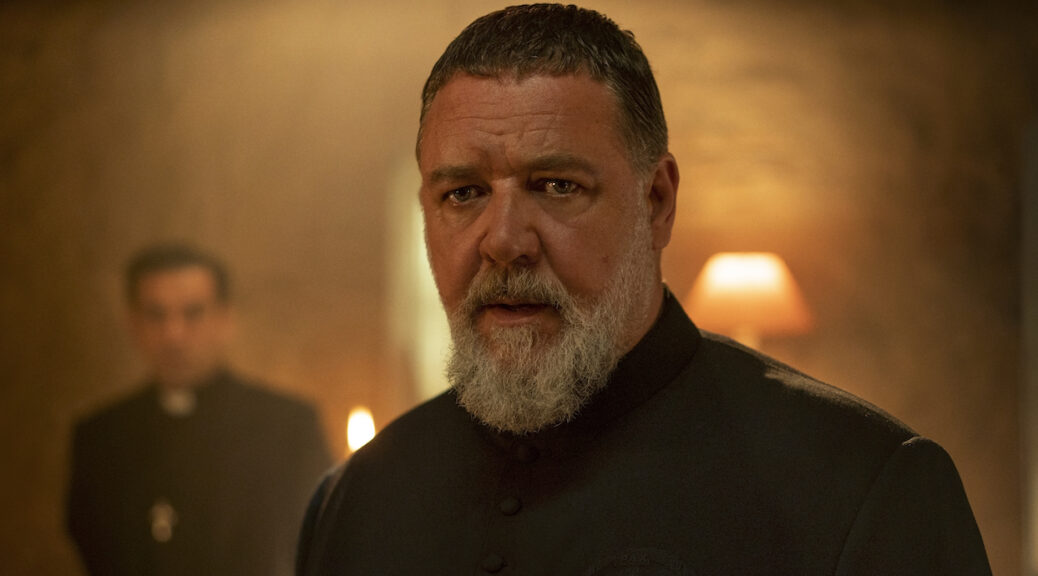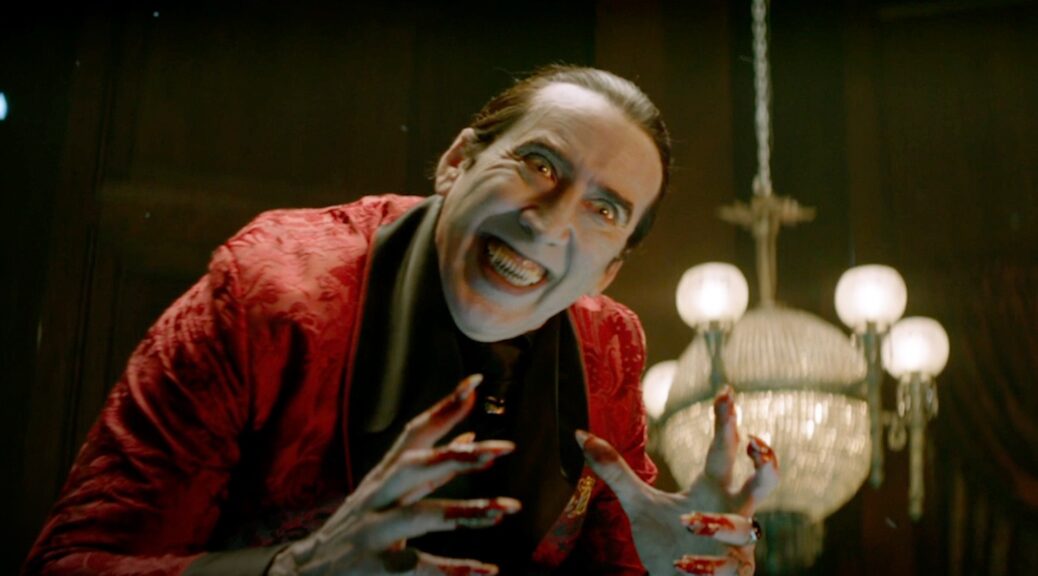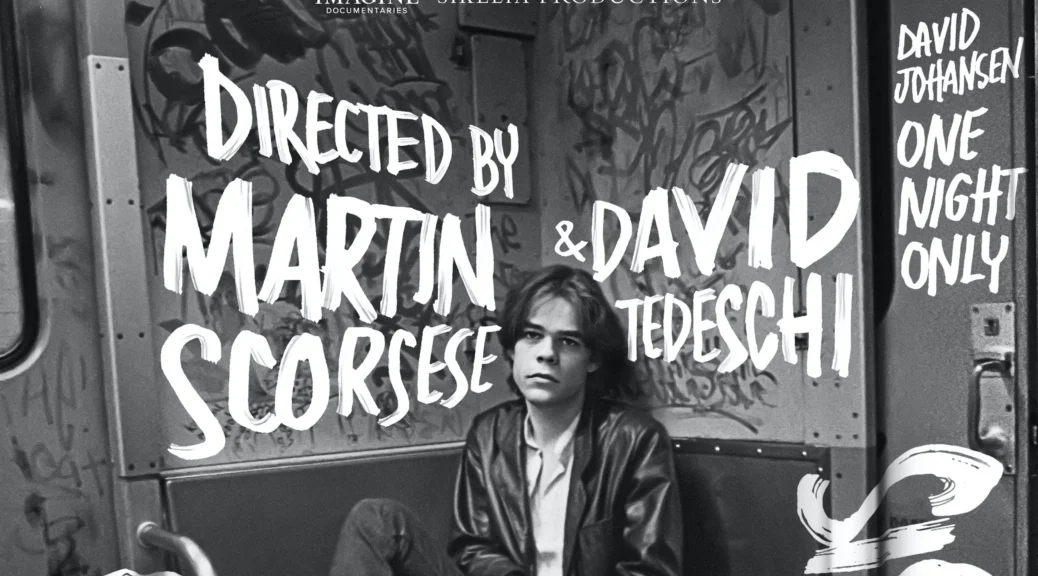To Catch a Killer
by Hope Madden
To Catch a Killer is a title that begs to be forgotten, bland and obvious and broad as it is. The film is about a disgruntled and underappreciated cop with the skills to get inside the mind of a killer, skills that are being nurtured by a grizzled detective who sees potential.
So far so yawn.
And yet, filmmaker Damián Szifron’s thriller is weirdly compelling.
His visuals are on point. Fireworks, cop cars, aerial shots, sudden impact – clarity in presentation tells us what is going on long before any actor speaks.
Those actors don’t hurt. Shailene Woodley delivers an un-showy but emotionally raw central performance as a beat cop quietly desperate for a meaningful challenge.
She’s aided by Ben Mendelsohn as the beleaguered senior investigator. While Det. Lammark doesn’t offer Mendelsohn the opportunities for pathos that allowed him to create iconic characters in Slow West, Mississippi Grind, Killing Them Softly, Animal Kingdom and more, the veteran finds enough humanity to make the detective memorable.
Politics, sycophancy, scapegoating and bad decisions cripple the investigation, giving Szifron and co-writer Jonathan Wakeham a chance to impress with their script as well. No broad strokes, the script indicts media, greed, cowardice, sexism, and capitalism in turn and finds reason to empathize with the least likable characters.
Still, it follows the beats you expect from a film called To Catch a Killer about an unsung but brilliant cop finding her legs as an investigator. The film can never fully escape that dull familiarity.
The film is solidly built on understated performances, and it makes viable points. But it can’t quite stick the landing.
